A Dundee mum-of-three has urged patients to demand physical appointments with their doctor after receiving a heartbreaking diagnosis of terminal cancer.
Julie Mitchell, 43, says she was unable to physically see her doctor for nine months due to Covid restrictions.
During this time she regularly called her surgery with complaints of a painful and swollen stomach, blood in her stools, fatigue and loss of appetite.
Julie was informed that she was unable to see a doctor in person at Ancrum Medical Centre because of Covid restrictions.
Instead, through various telephone assessments, she was told she had a kidney infection or that the symptoms were connected to her existing irritable bowel syndrome.
When she finally had a physical consultation in June 2021, after nine months of complaints, a doctor diagnosed her with kidney stones.
The treatment failed to work and two months later a GP visited Julie’s Kerrsview Terrace home and referred her to Ninewells Hospital with appendicitis.
She underwent surgery where it was established that she had primary bowel cancer that had moved to the ovaries and on to the liver.
At stage four, the cancer is deemed inoperable.
I could have been in a much different position now.”
Julie Mitchell
“I went out every week to clap for the NHS,” says Julie, who was an additional needs worker. “And now I think ‘where have they been for me?’
“I am not talking about the nurses but the GP services. They need to open up to the public because Covid is not going away.
“It’s now too late for anything to be done and it is so unfair. And I know I am not the only one in this position.
“People know their own body and when something is wrong.
“They need to ring up their surgery constantly, bang on the door and demand to be heard.”
Test ‘would have picked up the cancer’
Julie’s devastation at her terminal diagnosis is compounded by the absence of an early-warning test that could have saved her life.
In October 2020 her brother, Sean, died of bowel cancer at the age of 50.
Shortly prior to this it was established that his condition was hereditary so all of his six siblings were advised to have a colonoscopy as a precaution.
Four took the test and all came out clear. Sadly, Julie was one of the two who didn’t.
“It got forgotten about because of Covid,” says Julie. “If I’d had the test it would have picked up the cancer because they think I’d had it for a year and a half.
“I could have been in a much different position now.”
‘I knew it was something else’
It was around September 2020 when Julie started feeling poorly.
“For the last 12 months, on and off, I have been feeling unwell but because I suffer from IBS it was assumed this was the cause of the problems,” she says.
“But I knew my body and that it was something else.”
By the final week of August the pain had became unbearable, to the point that she could hardly walk.
Julie’s stomach was now so swollen that she had to swap her usual size 10 tops for size 18.
“I felt as though I had rocks in there,” she says.
That week she rang the medical practice every day to request an in-person visit.
“I eventually rang and said ‘you either see me today or I ring an ambulance’.
“The GP came and I was finally admitted to hospital.”
Eight-hour surgery
A CT scan at Ninewells pointed to a large mass on her ovaries so an operation was undertaken to remove the lumps.
In fact, during the eight-hour surgery on Monday August 30 both ovaries and related tubes were removed.
“Before surgery the surgeon said I might wake up with a stoma but at this point I didn’t realise they were going to remove the ovaries,” Julie says.
“I woke up at 10pm that night and was told that they had removed my ovaries so now I was in menopause.”
She was told the following morning that cancer was present but there was no indication of where it had come from.
Julie was discharged at the end of the week.
‘I would never have got through it’
Despite the enduring pain, in April Julie took up rollerskating and became involved in the group Skate Buddies Dundee.
As someone who has previously self-harmed and suffers from emotionally unstable personality disorder, her physical and mental health has benefited from finding a new hobby with a good group of people.
During July she raised £500 for the local Women’s Rape and Sexual Abuse Centre (Wrasac) by skating for 35 days solid.
“I have just done 12 months’ therapy with Wrasac,” Julie says.
“They were the only service completely open during Covid and able to help women.
“Without their support I would never have got through it.
“For the fundraising, I did an hour or more per day. Skating is so good for my mental health.
“Before, I would often stay in but because of my skating and therapy I would go out and talk to people.”
‘It was crazy how they did it’
It was while observing a skating event at Dundee International Sports Complex (Disc) on Tuesday September 7 that she received a phone call from the surgeon.
“I will never forget that phone call,” Julie recalls. “It was 8.30pm and the surgeon called to say that I had primary bowel cancer that had moved to the ovaries and on to the liver.
“It was crazy how they did it, ringing me by phone and not even asking if I was with someone at the time.
“I was very distraught mentally, particularly because of the setting. I felt I had to put on a brave face and wait until the skating was finished before I could go home.”
‘Let down’
The following Tuesday a Ninewells oncologist informed Julie that the cancer in both the bowel and liver was inoperable.
“That was very hard to hear and I got angry,” she admits. “I said that because of Covid I was ignored for 12 months and didn’t get a colonoscopy.
“I could have been at stage two cancer and had a chance. I felt I’d been let down.”
Julie was advised that with no action she could be dead within three months.
So from October 4 she will undergo chemotherapy that could give her a few more years.
‘If only they’d seen me in person’
But she is apprehensive about the treatment for more than one reason.
Julie is wary due to the late diagnosis of her cancer and by discovering in her discharge notes that she had been given three blood transfusions during surgery.
“They gave me three blood transfusions without telling me and that makes me wonder if something went wrong in the surgery,” she says.
“Now I have to get all this treatment and it doesn’t feel as though I can trust them.
“Given my family history of bowel cancer and me calling saying I have symptoms, why was it not investigated?
“If only they’d seen me in person.”
She is also concerned that due to Covid restrictions she will have to attend her chemotherapy appointments on her own.
“Because of my condition, I don’t like going places on my own so it will be daunting.
“My sister is allowed with me for the pre-treatment but no one for the chemo itself. It makes no sense.”
‘I’m not bitter’
Julie is channelling her energy towards making the most of the time she has left.
Her friend Susan Smith, who set up Dundee Skate Buddies, has started a GoFundMe page to raise money on her behalf.
This could be put towards ‘bucket list’ experiences such as visiting New York City and having a day at Knockhill Racing Circuit.
Julie also wants to raise enough to pay for her funeral and, possibly, explore alternative therapies to thwart the cancer.
Whatever happens, she plans to continue skating.
“There is no point dwelling on it. I’m not bitter,” Julie says.
“If I thought to myself ‘why me’ then it’s saying it should be someone else.”
‘We have remained open throughout’
Neither NHS Tayside nor the Ancrum Medical Centre would comment in detail on Julie’s treatment.
A spokesperson for NHS Tayside said: “Due to patient confidentiality, we are unable to comment on matters relating to individual patients.
“Our clinical team has been in direct contact with Ms Mitchell. However, if Ms Mitchell has any further concerns we would invite her to contact our Complaints and Feedback team.“
A spokesperson for Ancrum Medical Centre said: “Unfortunately we would be unable to comment on any specific case as we are bound by doctor/patient confidentiality.
“As a practice, we have remained open throughout the Covid-19 pandemic. We initially speak to patients on the phone and then offer face to face GP appointments if required. This has been in accordance with Scottish Government advice.”
Friend hails Julie’s bravery
Susan Smith, who works as a nurse and helped treat Julie at Ninewells, paid tribute to her pal’s courage.
“I really don’t know where Julie is getting her strength from, ” she says.
“She’s been very practical and to the point, she’s considering her family before her own needs.
I’m not sure I could be as brave.”
Susan Smith
“She’s determined to make the most of her situation by doing as much as she can while she can, living her life to the fullest.
“You have to admire someone who gets a terminal cancer diagnosis, reaches for her new rollerskates and heads out to clear her head with her skate buddies.
“I’m not sure I could be as brave. Like anyone, Julie didn’t foresee any of this and is not prepared financially.
“I really hope we can raise some money for her so we can lighten her burden and allow her to be able to do the things she wants to do and be able to cover any costs associated with her illness without having to worry about it.”
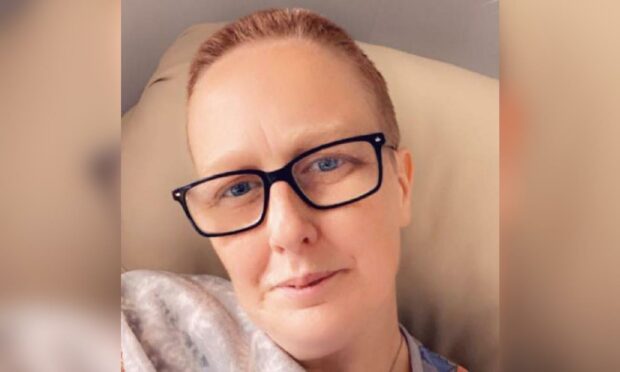
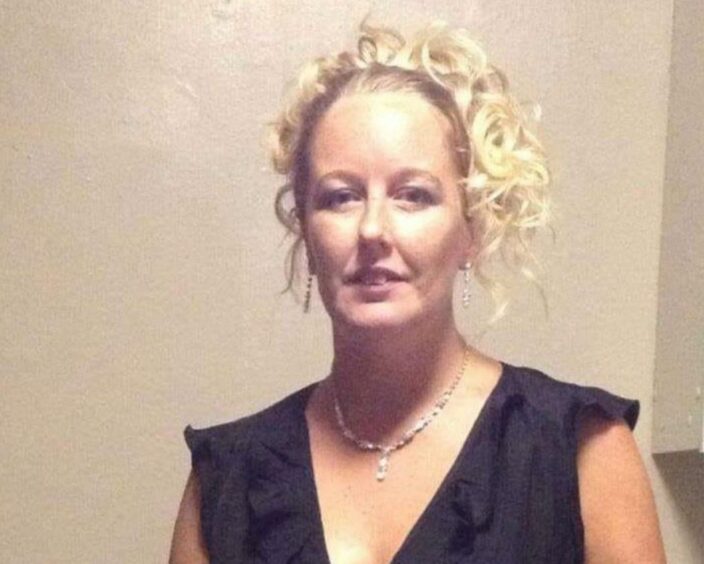
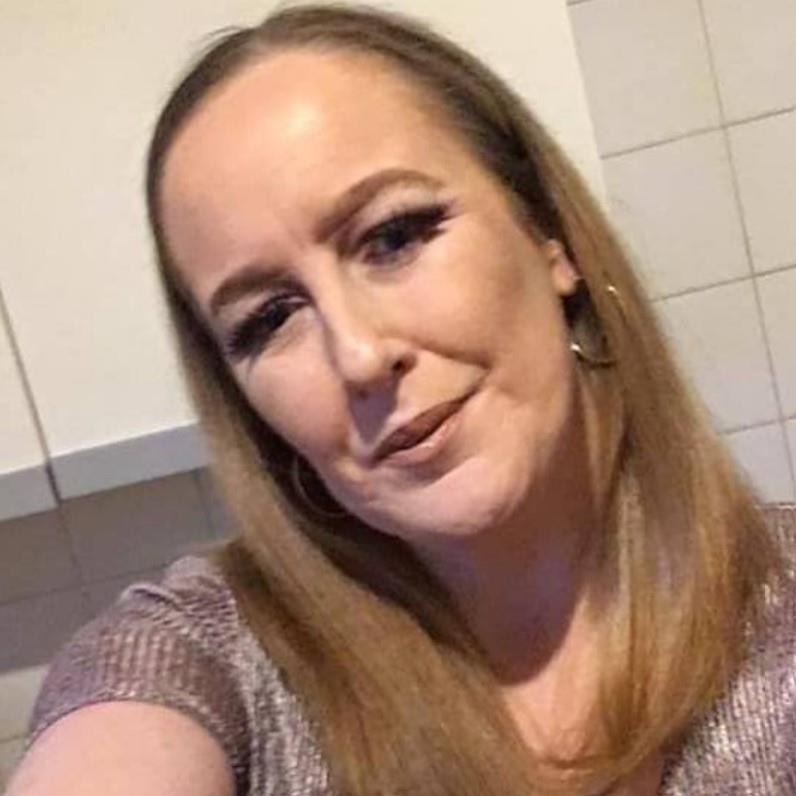
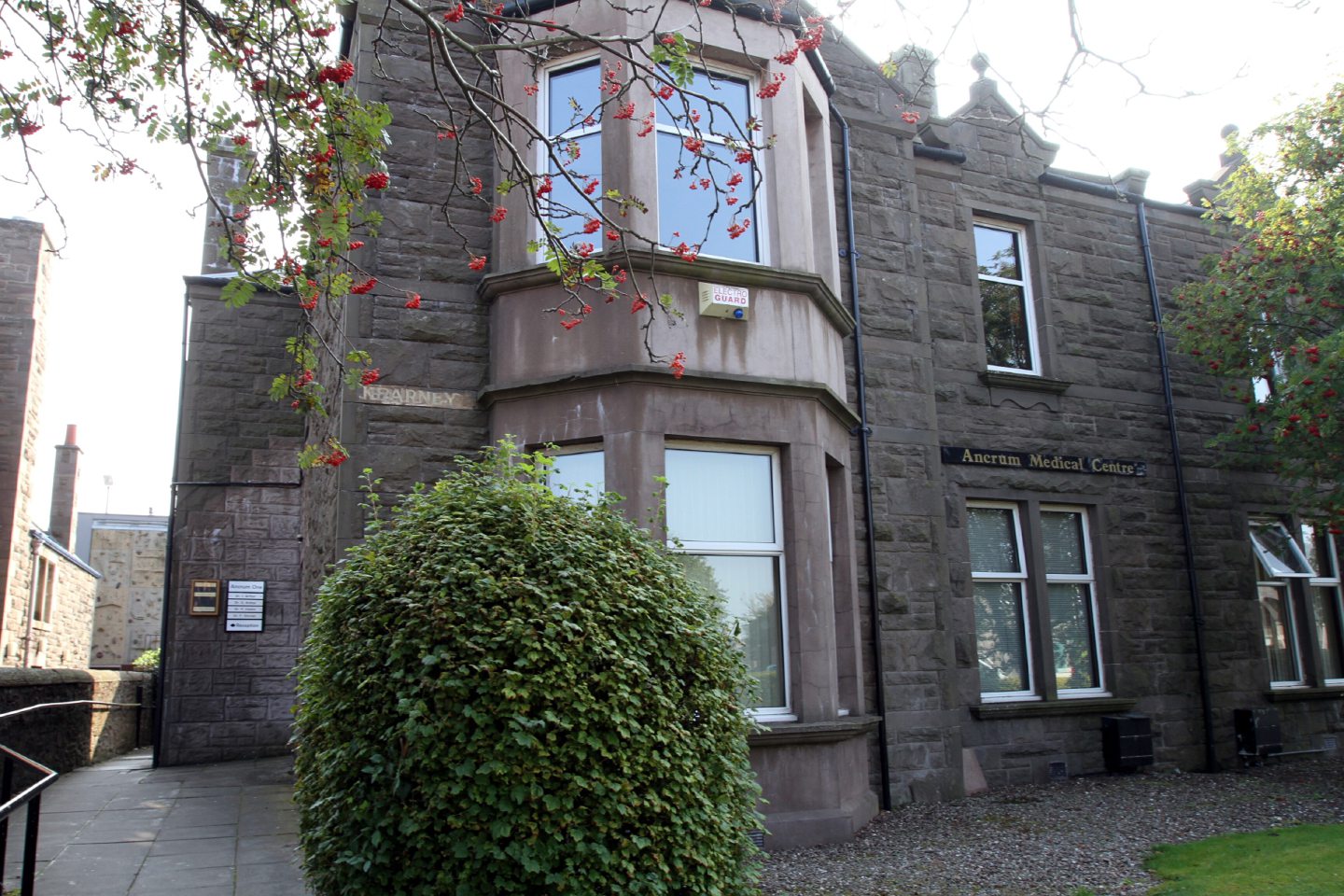
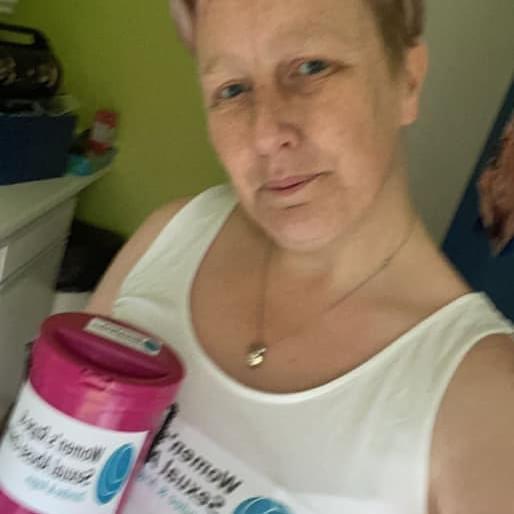
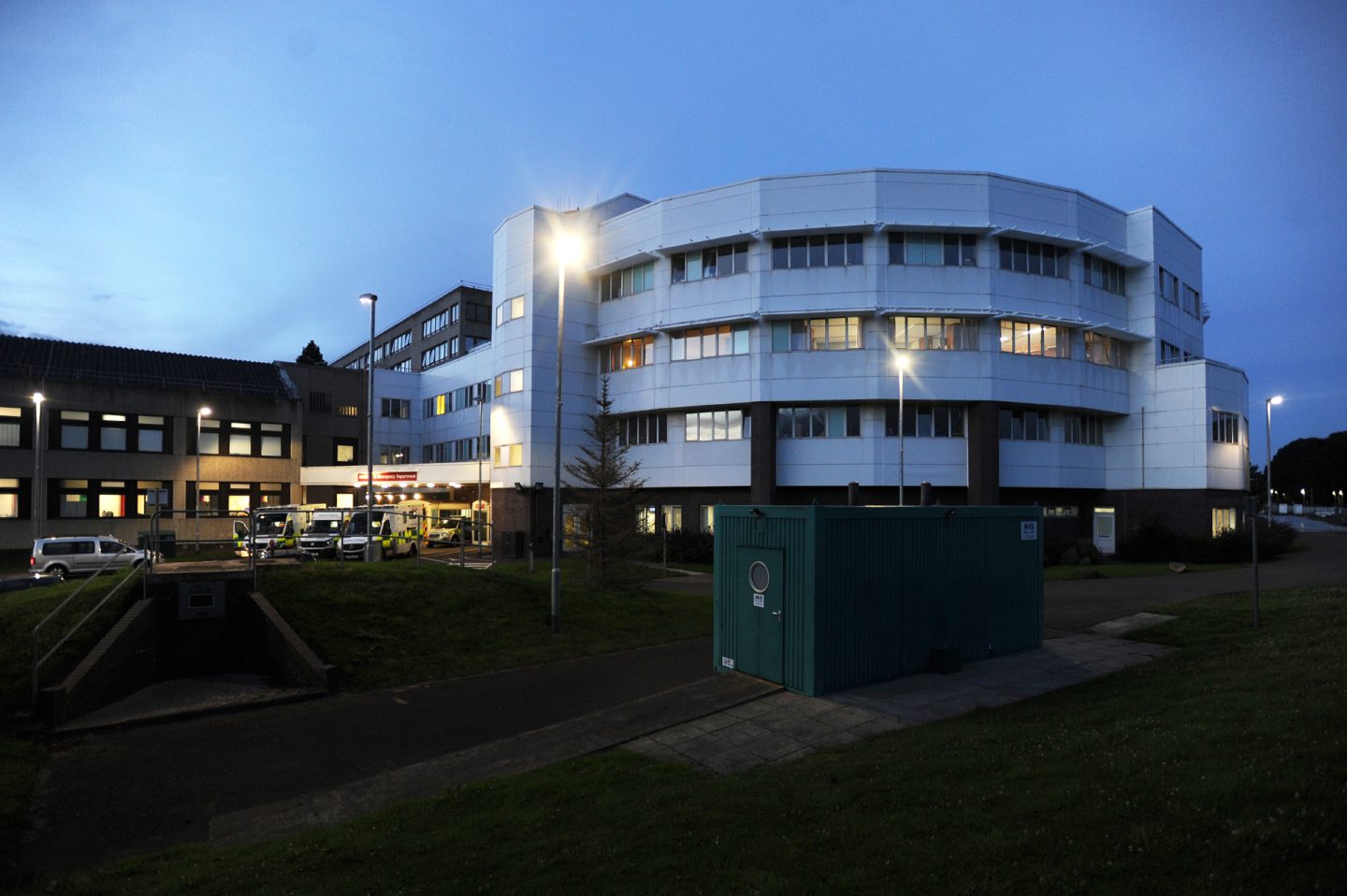
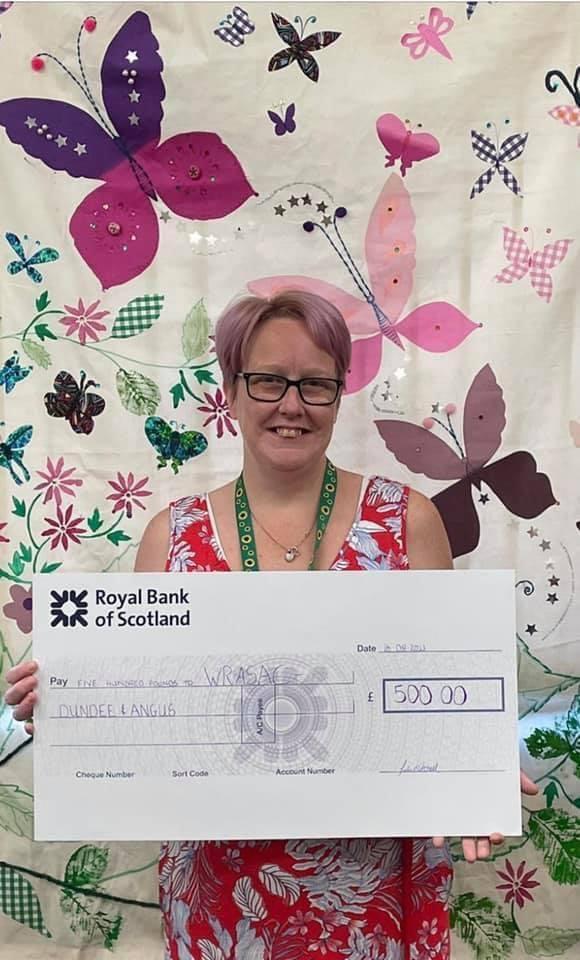
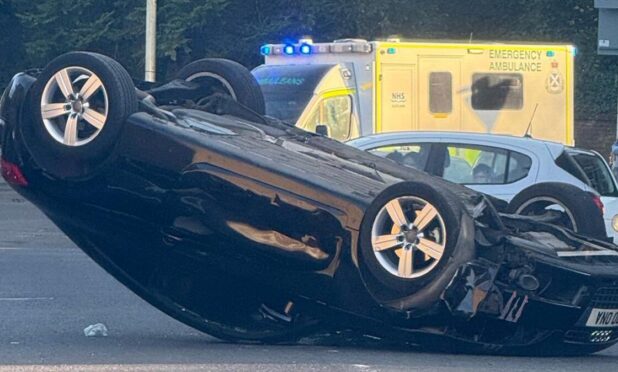
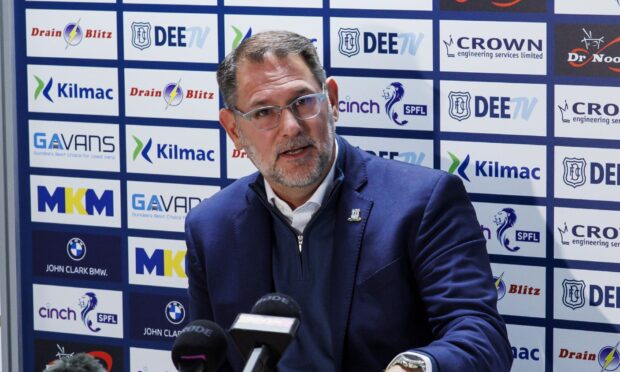
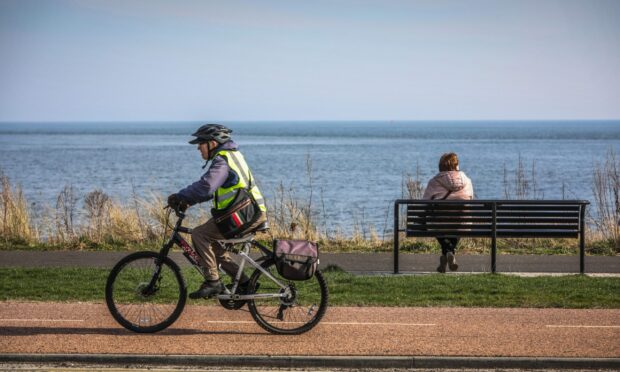
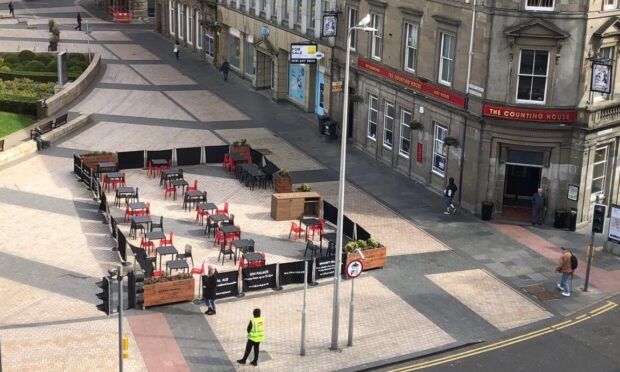
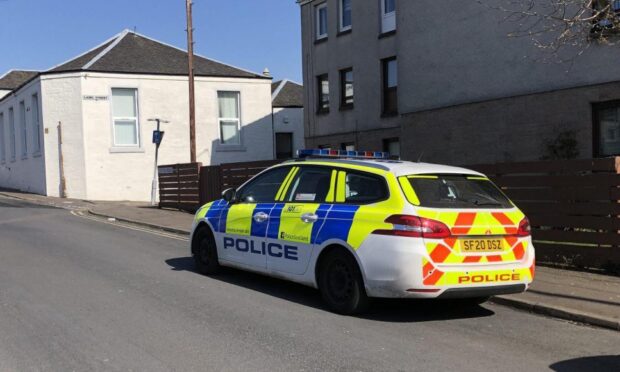
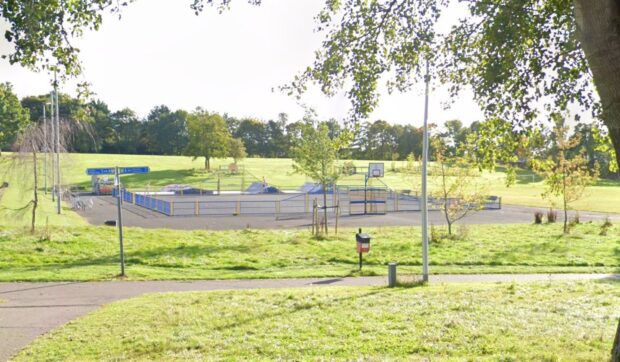
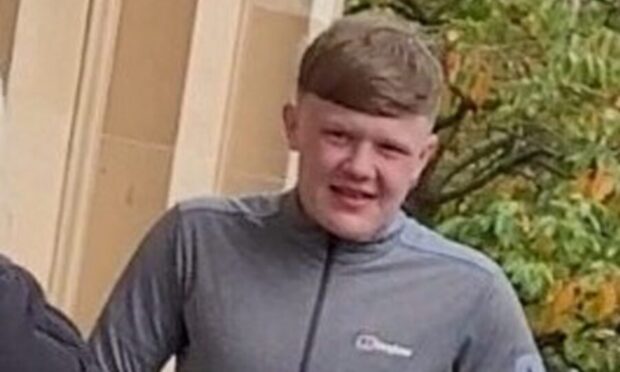
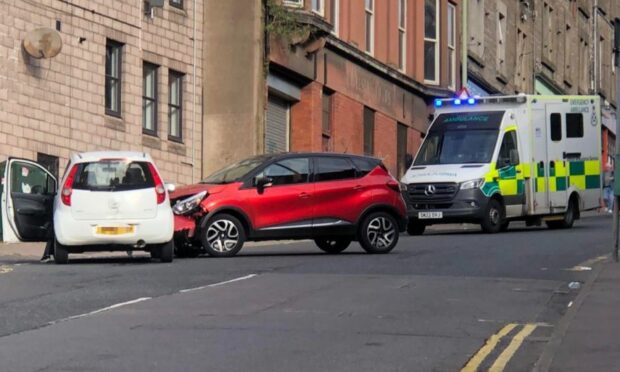
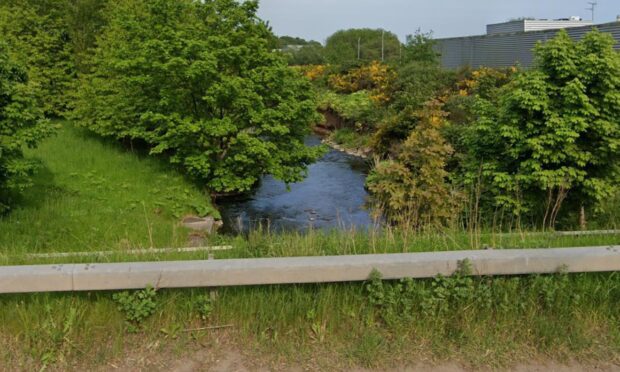

Conversation